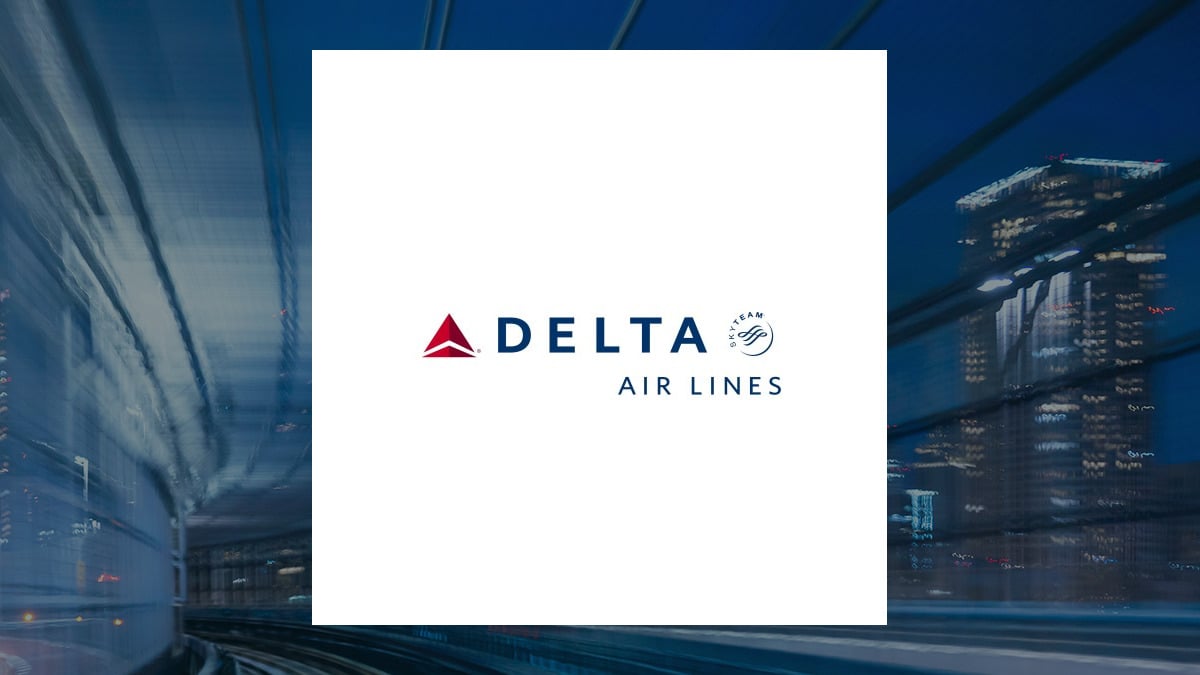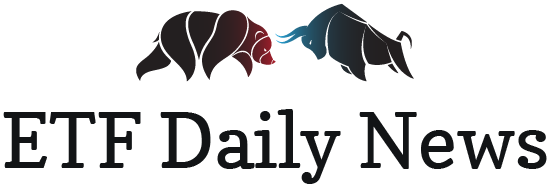 Delta Air Lines’ financials show consistent revenue growth, driven by profit sharing adjustments. Operating expenses increased in March 2024 due to higher costs. Adjusted expenses rose by $627 million. Net income margin improved to $37 million. Management focuses on strong controls and timely disclosure. Key performance metrics include non-GAAP measures for comparability. Cybersecurity risks are managed effectively. Ernst & Young LLP signed off on financial statements in April 2024. No major changes in leadership or sustainability initiatives were mentioned. Forward guidance aligns with strategic initiatives for long-term growth and competitiveness.
Delta Air Lines’ financials show consistent revenue growth, driven by profit sharing adjustments. Operating expenses increased in March 2024 due to higher costs. Adjusted expenses rose by $627 million. Net income margin improved to $37 million. Management focuses on strong controls and timely disclosure. Key performance metrics include non-GAAP measures for comparability. Cybersecurity risks are managed effectively. Ernst & Young LLP signed off on financial statements in April 2024. No major changes in leadership or sustainability initiatives were mentioned. Forward guidance aligns with strategic initiatives for long-term growth and competitiveness.
Executive Summary
Financials
Total operating revenue has increased consistently over the past three years. The primary driver behind this trend is the adjustment for profit sharing, which allows for a better understanding of recurring cost performance and comparison to the airline industry. Operating expenses increased by $98 million in March 2024 due to higher employee costs, capacity, and one-time expenses. Adjusted expenses rose by $627 million. Total operating costs per available seat mile decreased by 6%, while non-fuel unit costs increased by 1.5%. The company’s net income margin improved to $37 million in 2024. Adjusted for profit sharing, it shows better cost performance. Comparatively, it indicates a positive trend compared to industry peers.
Management Discussion and Analysis
Management has focused on strengthening disclosure controls and procedures to ensure timely communication of material information. No significant changes to internal control over financial reporting were made, indicating a successful maintenance of effective control systems. Management assesses the company’s competitive position through efficient disclosure controls and procedures. They highlight the importance of timely decision-making based on accumulated material information. No specific market trends or disruptions are mentioned in the provided context. Management identified major risks in Item 1A: Risk Factors, including legal proceedings as discussed in Item 1: Legal Proceedings. Mitigation strategies involve monitoring legal developments and ensuring timely disclosure. No material changes have affected internal controls.
Key Performance Indicators (KPIs)
Risk Assessment
The top external factors that pose risks to the company operations and financial performance are not mentioned in the context information provided. DAL evaluates cybersecurity risks through disclosure controls and procedures. No material changes have been reported in their internal control over financial reporting. This indicates that they are effectively identifying and disclosing important information to manage cybersecurity risks in the digital business environment. DAL is involved in legal proceedings, but believes they will not have a material adverse effect. Management ensures effective controls and procedures for timely disclosure of information. No material changes in legal proceedings have been reported. No changes in internal control have occurred recently.
Corporate Governance and Sustainability
Ernst & Young LLP, based in Atlanta, signed off on Delta Air Lines’ financial statements in April 2024. There are no notable changes in leadership or independence mentioned in the document. The company’s Form 10-K does not provide specific details on how diversity and inclusion are addressed in governance practices and the workforce, nor does it mention a commitment to board diversity. The report does not disclose specific sustainability initiatives or ESG metrics. However, the company demonstrates its commitment to responsible business practices through effective disclosure controls, timely communication of important information, and unchanged internal control over financial reporting.
Forward Guidance
The company’s forward-looking guidance in its Form 10-K aligns with its strategic initiatives and priorities outlined in the annual report by addressing risks and uncertainties that could impact future results, ensuring timely disclosure of important information, and evaluating internal controls over financial reporting. DAL is factoring in market risks and uncertainties in its forward-looking guidance. It plans to capitalize on these trends by monitoring and adapting to changes in the industry, ensuring a competitive edge. Yes, the company’s commitment to long-term growth and competitiveness is demonstrated through its planned $5.0 billion capital spend for aircraft, fleet modifications, and technology enhancements in 2024, as well as its partnership in the redevelopment project at LaGuardia Airport.
For more information:
This article was created using artificial intelligence technology from Klickanalytics.
